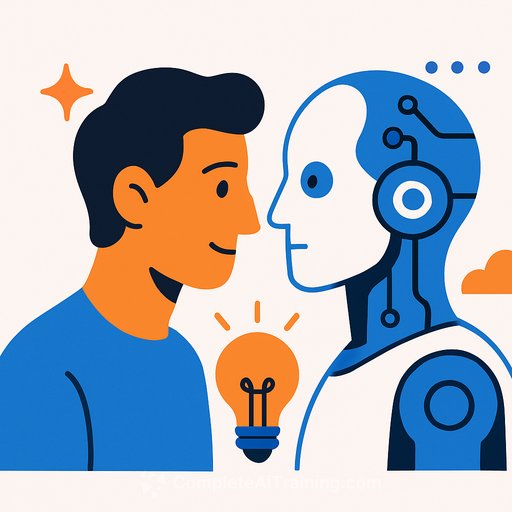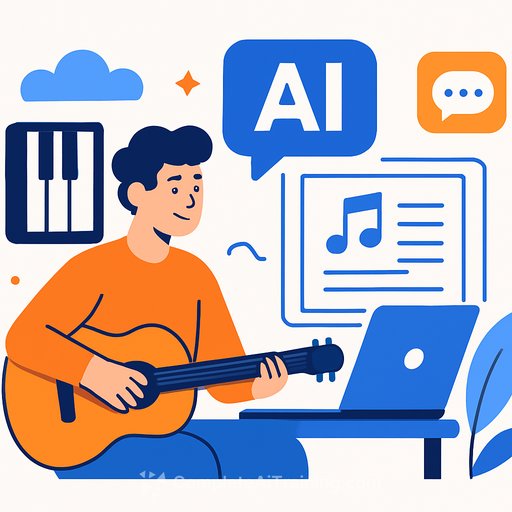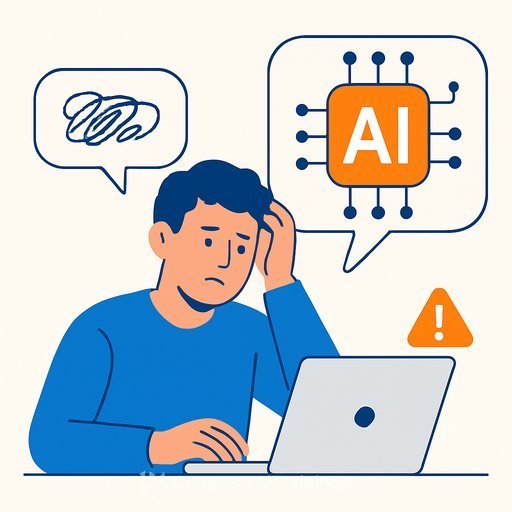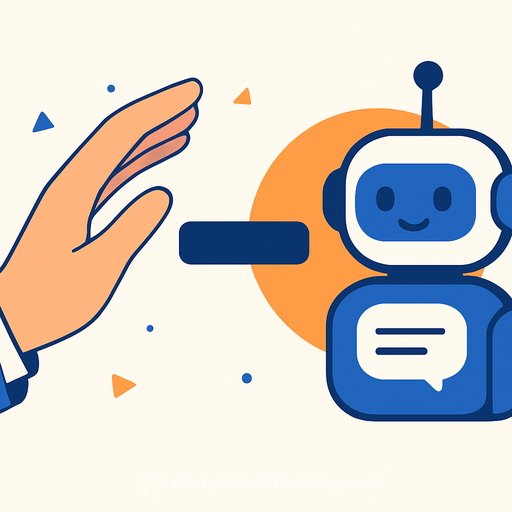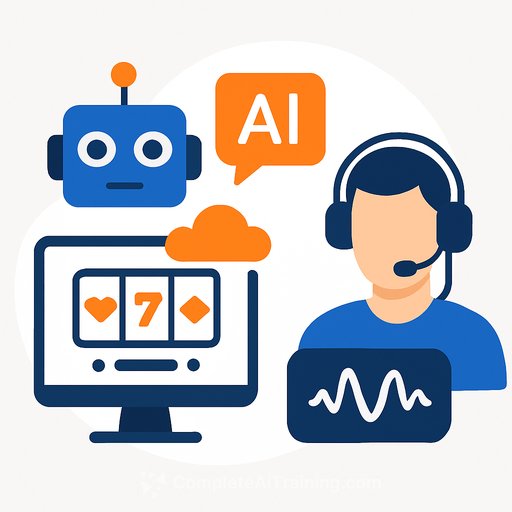Reflections on the Recent HackerNoon Event
After several years, HackerNoon hosted another live event, gathering voices and minds around the critical topic of AI and humanity. With locations previously in San Francisco, London, Hanoi, and Saigon, this was a long-awaited return. A special shoutout to the dedicated Vietnam team, moderators, panelists, and the engaged audience of over 50 people who came prepared to listen, question, and reflect on what it means to be human in the AI era.
The essence of the event was clear: being human means showing up, together, in person. Despite technical glitches and small social awkwardness, the value of real human connection was undeniable—something AI can’t replicate.
Audience Sentiment on AI
The general feeling among attendees leaned towards cautious optimism. Most were neutral but hopeful about AI’s role. When asked how they use AI daily, common answers were brainstorming, research, and ideation.
Panel Discussion: Preserving Humanity in the Age of AI
The 1.5-hour panel tackled five key questions centered on preserving what makes us human as AI advances. Here’s a summary of the insights shared along with answers to additional audience questions.
How do we avoid becoming emotionally numb or disconnected as AI mimics emotional labor?
AI doesn’t cause emotional disconnection; it exposes existing issues. Social isolation and loneliness predate AI, fueled by technology’s role in parenting and social interaction. Overexposure online combined with overprotection offline leaves young people vulnerable. Emotional nourishment during childhood remains crucial. Teaching children to recognize genuine human connection helps prevent falling for AI’s imitation of emotional labor.
How will education change as AI outperforms humans in various tasks?
AI offers personalized tutoring, addressing the flaw of uniform education where every child is treated the same. This personalization benefits children with special needs or learning differences. However, there's concern about the erosion of original thinking, as easy access to information may discourage deep reading and comprehension. Encouraging mental effort remains essential to avoid outsourcing critical thinking.
How do we avoid losing critical thinking by delegating thought to AI?
A practical approach is to produce original work before using AI as a polishing tool. Writing first without shortcuts keeps the mind engaged. This mental exercise is like physical training—necessary even if the task seems less demanding than before.
Can AI enhance creativity instead of replacing it?
Absolutely. AI tools can assist in creative processes, such as songwriting apps used in families to make music. Tools amplify skill but don’t replace artistic talent. The quality depends on the user’s ability, not just the technology.
How does AI help creators and business leaders do things previously impossible?
While AI can’t replace human connection or leadership, it supports tasks like research and editing. AI helps verify facts, polish writing tone, and tailor content for different platforms efficiently. It also accelerates information retrieval, often faster than traditional search engines.
How does AI shift priorities when hiring?
Job displacement fears are real, but hiring focuses on problem-solving, adaptability, and humility beyond technical skills. Building genuine human relationships with employees remains a priority. Employees can secure their roles by adding value across different functions and thinking like founders—digging deep into problems and keeping focus on core goals.
Will what makes us human change when AI reaches sci-fi levels?
The fundamentals of humanity—connection, touch, conflict, spontaneity—will persist. But AI may develop forms of general intelligence and mimic aspects of human needs. Chatbots reflect parts of human interaction, but they don’t embody the full human experience.
Valued skills in 5-10 years and AI breakthrough predictions
Expect a shift valuing physical, hands-on skills since AI falls short in the 3D, physical world. Emotional regulation and movement skills will grow in importance. A major AI breakthrough in medical research, such as curing cancer, is still awaited.
Which writing/blogging principle would you erase?
The overemphasis on audience validation often hinders progress. Frequency and consistency matter more than chasing perfect reception. Showing up regularly without obsessing over immediate feedback leads to sustained growth and enjoyment.
How to start a writing career and build a personal brand using AI?
HackerNoon is launching a blogging course focused on writing in the AI era, including topics like SEO versus Generative Engine Optimization (GEO). Writers can learn how to integrate AI effectively in their content creation workflow. Watch for updates on Complete AI Training.
Is it acceptable to use AI in writing books and articles?
Yes. Use the Pareto principle: do about 80% of the work yourself, then apply AI to polish and save time. Original thinking should always come first, with AI as an editing assistant rather than the primary creator.
Many questions remain open, inviting further discussion and events. Interested writers can explore more on how to engage with AI in their craft through resources like Complete AI Training’s courses by job.
Your membership also unlocks:

